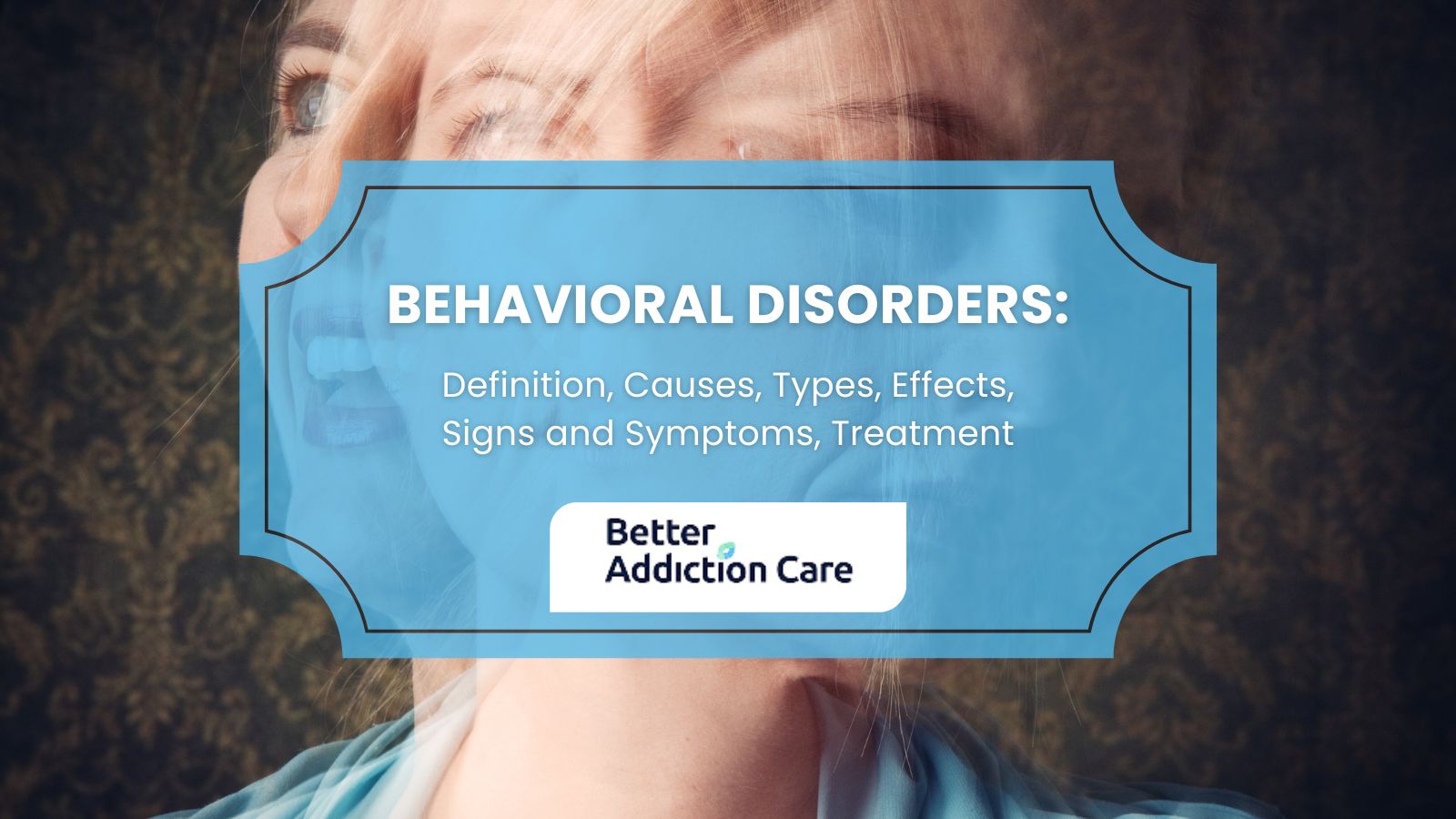MHS - North County Center for Change

Overview
MHS - North County Center for Change is a substance abuse treatment center for people seeking treatment near San Diego County. As part of their treatment modalities for recovery, MHS - North County Center for Change provides group counseling, trauma-related counseling, and family counseling during treatment. MHS - North County Center for Change is located in Vista, California, accepting medicaid for treatment.
MHS - North County Center for Change at a Glance
Payment Options
- Medicaid
- Cash or self-payment
- Private health insurance
- State-financed health insurance plan other than Medicaid
- Sliding fee scale (fee is based on income and other factors)
Assessments
- Comprehensive mental health assessment
- Comprehensive substance use assessment
Age Groups
- Adults
- Young adults
Operation
- Treatment duration
- Private non-profit organization
Highlights About MHS - North County Center for Change
6.76/10
With an overall rating of 6.76/10, this facility has following balanced range of services. Alcohol Rehabilitation: 8.00/10, Drug Rehab and Detox: 6.31/10, Insurance and Payments: 6.00/10, Treatment Options: 6.73/10.-
Alcohol Rehabilitation 8.00
-
Treatment Options 6.73
-
Drug Rehab and Detox 6.31
-
Insurance and Payments 6.00
Treatment At MHS - North County Center for Change
Treatment Conditions
- Mental health treatment
- Alcoholism
- Opioid Addiction
- Substance use treatment
- Co-occurring Disorders
Care Levels
- Intensive outpatient treatment
- Detoxification
- Aftercare
- Outpatient
Treatment Modalities
- Group counseling
- Trauma-related counseling
- Family counseling
- Individual psychotherapy
- Dialectical Behavior Therapy
Ancillary Services
Languages
- Sign language services for the deaf and hard of hearing
- Spanish
Special Programs
- Clients who have experienced trauma

Additional Locations
Contact Information
Read our Most Recent Article About Drug Addiction
DISCLAIMER: The facility name, logo and brand are the property and registered trademarks of MHS - North County Center for Change, and are being used for identification and informational purposes only. Use of these names, logos and brands shall not imply endorsement. BetterAddictionCare.com is not affiliated with or sponsored by MHS - North County Center for Change.








